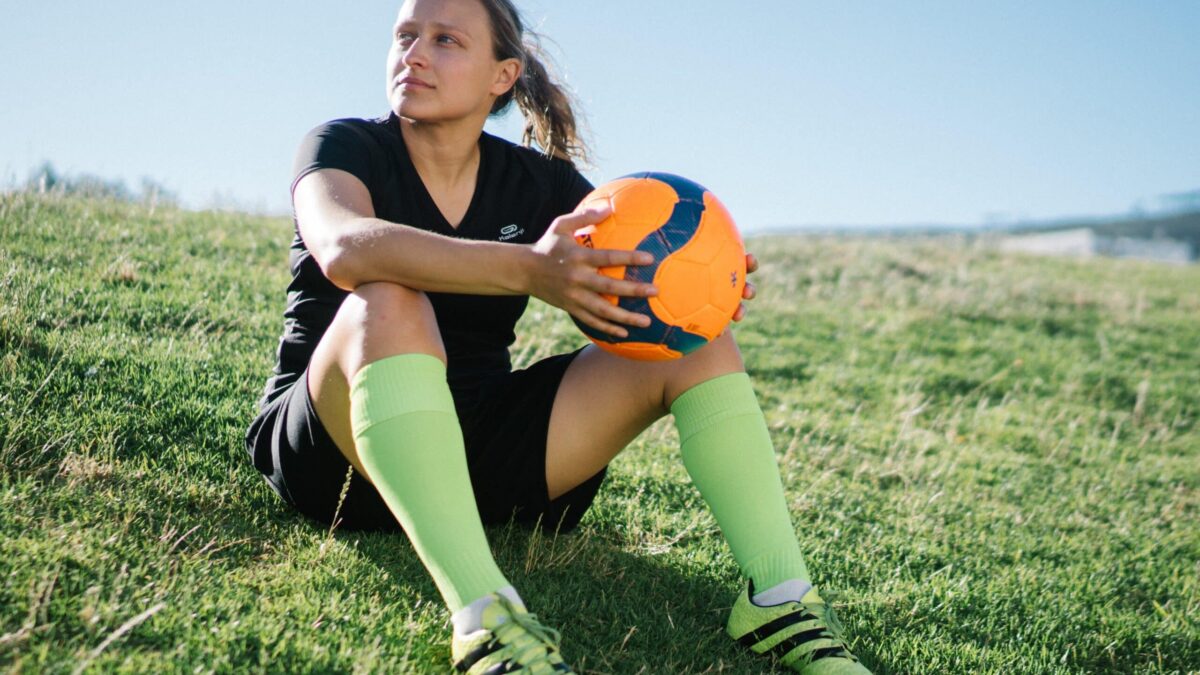Today, we’re diving into a crucial question: How does confidence affect sports performance? If you think it doesn’t, you are mistaken.
Confidence is not just a feel-good factor. This key psychological aspect has a profound impact on an athlete’s performance.
Let’s explore three key ways in which confidence levels shape athletic success.
3 Ways Confidence Affects Athletic Performance
Skill Execution and Decision-Making
Confidence in sport is like a self-fulfilling prophecy. When an athlete has a high confidence level, they are more likely to:
- Executive their skills effectively
- Make swift and decisive moves during games and competitions
This is especially true for elite athletes, where the margin for error is minimal. Athletes who exhibit positive self-talk and a strong belief in their abilities tend to perform better under pressure. They trust their training sessions and their ability to deliver when it counts.
Perseverance and Resilience
How does self-confidence affect sports performance in the face of adversity? Immensely.
Athletes who maintain confidence despite setbacks are more resilient. They view challenges as opportunities to improve rather than huge obstacles. This mindset enables them to push through tough training sessions and bounce back stronger after defeats.
The role of social support is incredibly important here. Having a supportive team and coach can boost an athlete’s confidence immensely.
Psychological Readiness and Vicarious Experience
Confidence affects an athlete’s psychological readiness. Athletes with high confidence levels often visualize success and draw inspiration from their past achievements (vicarious experience).
This mental preparation is crucial in sports. Athletes who visualize success in their minds are often more prepared to actualize it in reality.

